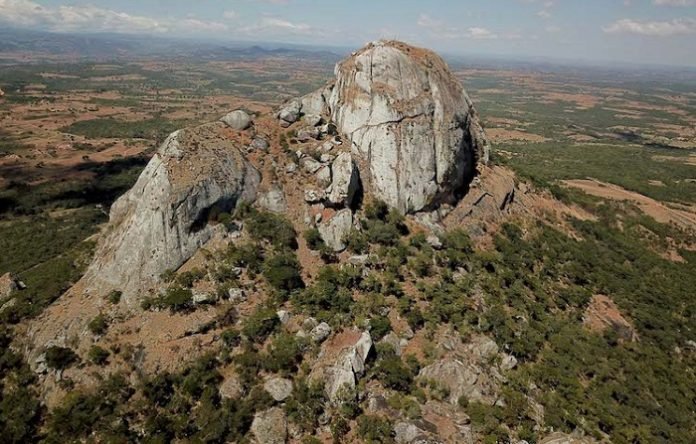
A new analysis of human remains buried in African archaeological sites has produced the earliest DNA from the continent
This tells a fascinating tale of how early humans lived, traveled and even found their significant others.
An interdisciplinary team of 44 researchers outlined its findings in a paper published in Nature.
The scientists report findings from ancient DNA from six individuals buried in Malawi, Tanzania and Zambia who lived between 18,000 and 5,000 years ago.
“This more than doubles the antiquity of reported ancient DNA data from sub-Saharan Africa,” said David Reich of Harvard University, whose lab generated the data in the paper.
“The study is particularly exciting as a collaboration of archaeologists and geneticists.”
The study also reanalyzed published data from 28 individuals buried at sites across the continent, generating new data for 15 of them.
The result was an unprecedented dataset of DNA from ancient African foragers — people who hunted, gathered or fished. Their genetic legacy is difficult to reconstruct from present-day people because of the many population movements and mixtures that have occurred.
The researchers were able to outline major demographic shifts that took place between about 80,000 and 20,000 years ago.
As far back as about 50,000 years ago, people from different regions of the continent moved and settled in other areas and developed alliances and networks over longer distances to trade, share information and even find reproductive partners.
This social network helped them survive and thrive, the researchers wrote.
Mary Prendergast, an anthropologist at Rice University, said there are arguments that the development and expansion of long-distance trade networks around this time helped humans weather the last Ice Age. “Humans began relying on each other in new ways,” she said. “And this creativity and innovation might be what allowed people to thrive.”
The researchers were also able to demonstrate that by about 20,000 years ago, people had stopped moving around as much.
Prendergast said the study provides a better understanding of how people moved and mingled in this part of Africa. Previously, the earliest African DNA came from what is now Morocco — but the individuals in this study lived as far from there as Bangladesh is from Norway, she noted.
“By associating archaeological artifacts with ancient DNA, these researchers have created a remarkable framework for exploring the prehistory of humans in Africa,” said John Yellen, a program director in the U.S. National Science Foundation’s Division of Behavioral and Cognitive Sciences, which in part funded the research.
“This insight is charting a new way forward to understanding humanity and our complex shared history.”



